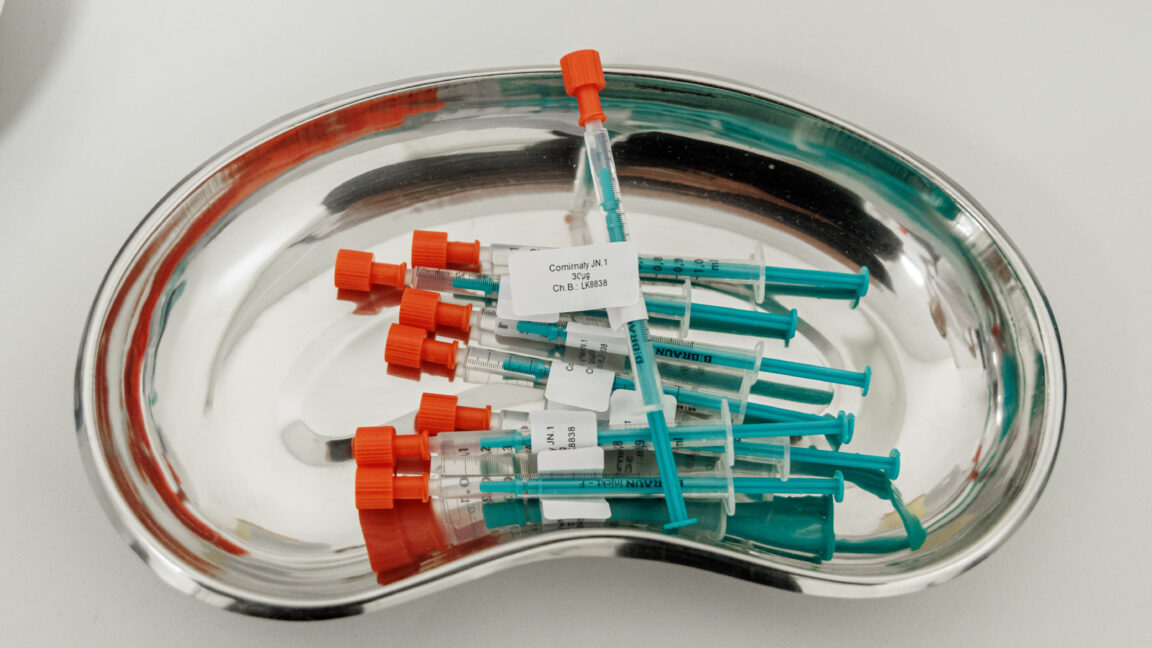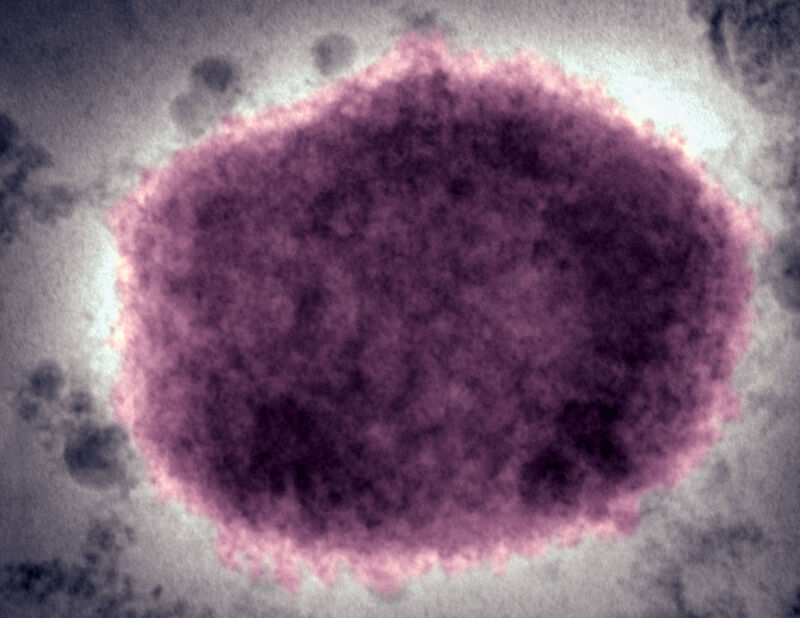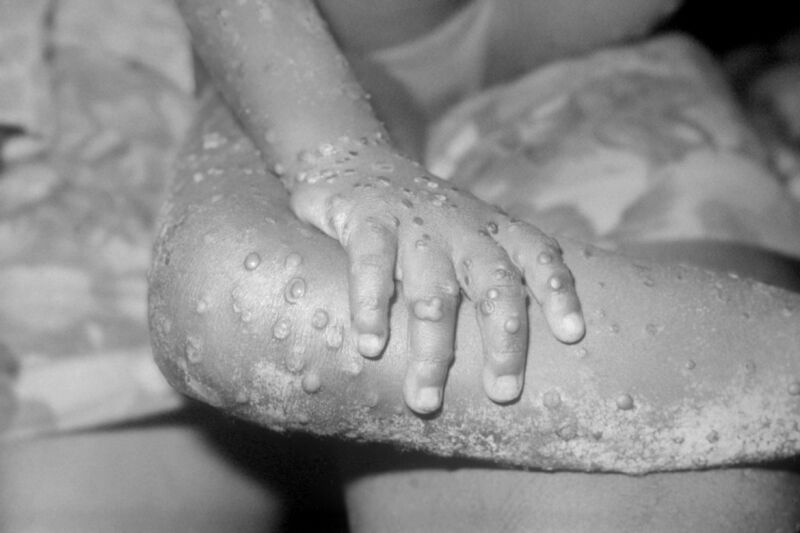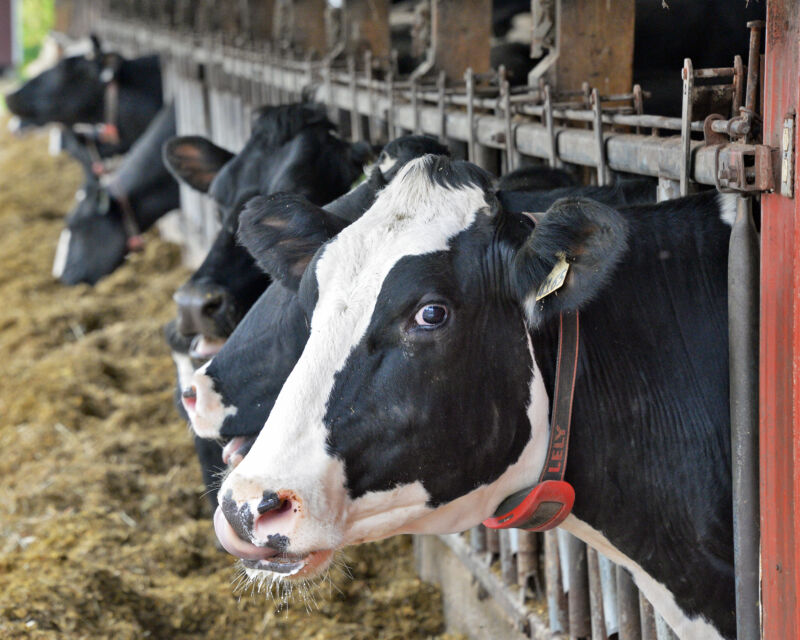Nigerian Supernatural Thriller ‘Suspicion’ From ‘Seven’ Director Tosin Igho Lands at Prime Video (EXCLUSIVE)



Residents in the Southwest District Health in Idaho are no longer able to get COVID-19 vaccines from public health clinics after the district's board of directors voted 4–3 recently to stop administering the shot.
The vote came during a hearing swamped by misinformation and conspiracy theories about the lifesaving vaccines. It's a chilling reminder of how dangerous anti-vaccine sentiment and misinformation have infested communities nationwide, causing vaccination rates to slip across the country and making way for deadly outbreaks of preventable diseases.
In a hearing last week, Perry Jansen, the health district’s medical director, gave the only presentation that favored keeping COVID-19 vaccines available through district clinics. He echoed the points that all health experts and major health organizations, including the Centers for Disease Control and Prevention, have pointed out for years: that COVID-19 vaccines have proven to be safe, lifesaving immunizations that are recommended for everyone ages 6 months and up.


© Getty | Markus Scholz

Enlarge / A negative stain electron micrograph of an mpox virus virion in human vesicular fluid. (credit: Getty | BSIP)
The World Health Organization on Wednesday declared an international health emergency over a large and rapidly expanding outbreak of mpox that is spilling out of the Democratic Republic of the Congo.
It is the second time in about two years that mpox's spread has spurred the WHO to declare a public health emergency of international concern (PHEIC), the highest level of alarm for the United Nations health agency. In July 2022, the WHO declared a PHEIC after mpox cases had spread across the globe, with the epicenter of the outbreak in Europe, primarily in men who have sex with men. The outbreak was caused by clade II mpox viruses, which, between the two mpox clades that exist, is the relatively mild one, causing far fewer deaths. As awareness, precautions, and vaccination increased, the outbreak subsided and was declared over in May 2023.
Unlike the 2022–2023 outbreak, the current mpox outbreak is driven by the clade I virus, the more dangerous version that causes more severe disease and more deaths. Also, while the clade II virus in the previous outbreak unexpectedly spread via sexual contact in adults, this clade I outbreak is spreading in more classic contact patterns, mostly through skin contact of household members and health care workers. A large proportion of those infected have been children.

Enlarge / A 2003 photo of the arms and legs of a 4-year-old girl infected with mpox in Liberia. (credit: Getty | BSIP)
A deadly outbreak of mpox (previously called monkeypox) is spilling out of the Democratic Republic of the Congo, raising alarm among global health experts.
The DRC has reported more than 22,000 suspected cases since the start of 2023, including 1,200 suspected deaths, according to the US Centers for Disease Control and Prevention. A high proportion of the cases are in children younger than 15 years old.
On Wednesday, the CDC released a health advisory noting that although mpox is endemic to the DRC, the current outbreak is larger and more widespread than any outbreak the country has previously seen. The virus has also spilled over to several neighboring countries in recent months, including the Republic of the Congo, the Central African Republic, Burundi, Rwanda, and Uganda. The World Health Organization reported that cases have also been detected in Kenya.

Enlarge / Holstein cows at a dairy farm. (credit: Getty | John Carl D'Annibale)
Another dairy farm worker in Michigan has been infected with avian influenza virus, state and federal health officials reported Thursday.
The case marks the third time the outbreak of bird flu in milking cows is known to have spilled over to a human. The dairy farm worker in Michigan, like the others, had close contact with H5N1-infected dairy cows, suggesting another case of cow-to-human transmission.
But the case reported today is notable for being the first one involving respiratory symptoms. In the first two cases, the dairy workers (one in Texas, the other in Michigan) reported only eye infections (conjunctivitis). This third case—also in Michigan but from a different farm—reported upper respiratory symptoms, including cough, congestion, and sore throat, as well as eye discomfort and watery discharge, but not conjunctivitis. The worker was given an antiviral (Tamiflu) and is said to be recovering. No other workers on the farm have shown symptoms, and the worker's household contacts are being monitored.
Reissued with obsolete COVID-19 page links removed.
Reconsider travel to Honduras due to crime and kidnapping. Some areas have increased risk. Read the entire Travel Advisory.
Do not travel to:
Country Summary: Violent crime, such as homicide, armed robbery, and kidnapping, is common. Violent gang activity, such as extortion, violent street crime, rape, and narcotics and human trafficking, is widespread. Local police and emergency services lack sufficient resources to respond effectively to serious crime.
Read the country information page for additional information on travel to Honduras.
If you decide to travel to Honduras:
Gracias a Dios Department – Level 4: Do Not Travel
Gracias a Dios is an isolated area with high levels of criminal activity and drug trafficking. Infrastructure is weak, government services are limited, and police and military presence is scarce.
Visit our website for Travel to High-Risk Areas